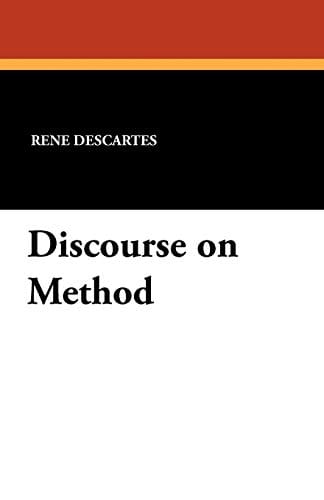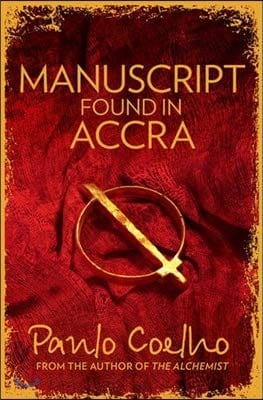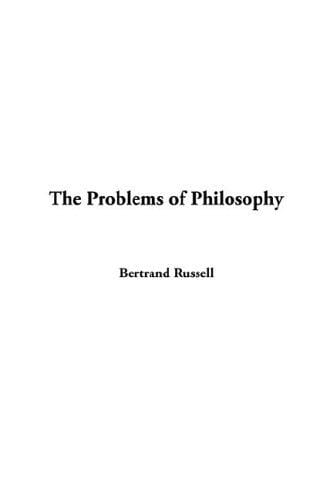Discourse on Method: A Clear Guide to Descartes’ Ground-Breaking Treatise
Descartes’ Discourse on Method outlines four rules for gaining clear knowledge, introduces the famous cogito, and continues to shape modern science and philosophy.

Introduction
Published in 1637, René Descartes’ "Discourse on Method" is one of the foundational texts of modern philosophy and science. Written originally as a preface to three scientific essays, the short treatise outlines a revolutionary method for acquiring knowledge that rejects blind acceptance of authority and places reason at the center of inquiry. From the famous assertion "I think, therefore I am" to the four procedural rules that guide systematic doubt, the work continues to influence how we pursue truth in everything from physics to everyday problem-solving.
Historical Context
Seventeenth-century Europe was a landscape of intellectual upheaval. The Scientific Revolution was challenging Aristotelian physics, while religious conflicts created deep skepticism toward all forms of dogma. Descartes, a mathematician and former soldier, recognized that inherited traditions often contradicted one another. In response, he sought a universal method that would allow anyone to test ideas for themselves. Rather than publish in Latin, the academic language of the day, he wrote the "Discourse" in French so a broader audience could participate in this new rational enterprise.
The Goal: Clear and Certain Knowledge
The treatise opens with a strikingly personal narrative. Descartes tells how his education left him with doubts rather than certainties and describes his travels across Europe as a metaphorical journey toward intellectual independence. His goal is “to seek truth in the sciences” by discovering a set of principles that are so evident in themselves that they cannot be reasonably doubted. By sharing his story, Descartes invites readers to replicate his mental voyage, emphasizing that method, not mere content, is the key to progress.
The Four Precepts of Method
1. Accept Nothing as True Unless Evident
Descartes advises suspending judgment on any idea that can be doubted, no matter how traditional or widely accepted. This radical skepticism clears the slate so that only indubitable truths remain.
2. Divide Problems into Manageable Parts
Complex questions should be broken down into simpler, more digestible components. By isolating each piece, the thinker can avoid being overwhelmed and can apply rigorous scrutiny step by step.
3. Conduct Thoughts in Order
Beginning with the simplest and most easily known ideas, one should build toward more complex conclusions. This mirrors the logical structure of geometry, where axioms lead to theorems through a clear chain of reasoning.
4. Review Thoroughly
A comprehensive enumeration of steps ensures nothing has been overlooked. This final audit prevents hidden assumptions or logical gaps, solidifying the certainty of results.
Cogito, Ergo Sum
The most famous outcome of Descartes’ method is the cogito: "I think, therefore I am." By doubting everything, Descartes discovers one fact that resists skepticism—his own act of thinking. Even if an evil demon were deceiving him about the external world, the very experience of doubt proves the existence of a doubter. This foundational certainty becomes the Archimedean point on which the structure of knowledge can be built.
Impact on Modern Science
While the "Discourse" is primarily philosophical, its methodological principles echo through modern scientific practice. The commitment to evidence, analytical reduction, and orderly reasoning underpins the experimental method used by disciplines ranging from biology to computer science. Descartes’ insistence on clear and distinct ideas anticipated the operational definitions scientists now use to avoid ambiguity. By separating mind from matter, he also paved the way for mechanistic models that treat the physical world as a system governed by mathematical laws.
Influence on Philosophy and Epistemology
Descartes is often called the father of modern philosophy because he shifted the focus from metaphysical speculation about the cosmos to an examination of the knowing subject. His dualism of mind and body sparked centuries of debate about consciousness, identity, and free will. Empiricists like Locke and Hume critiqued his reliance on innate ideas, while rationalists such as Spinoza expanded his geometrical method into elaborate metaphysical systems. Even contemporary analytic philosophy traces its demand for argumentative clarity back to Cartesian standards.
Criticisms and Limitations
Despite its enduring legacy, "Discourse on Method" is not without critics. Some argue that Descartes’ hyperbolic doubt is psychologically impossible to sustain, while others say his proof of God as a guarantor of clear and distinct perceptions begs the question. Feminist philosophers have pointed out that the detached, purely rational subject he celebrates may overlook embodied and communal aspects of knowing. Nonetheless, engaging with these criticisms sharpens our understanding of both the strengths and weaknesses of Cartesian thinking.
Practical Reading Tips
Because the work is concise, a first reading can be done in an afternoon, but deeper comprehension benefits from a slower pace. Take notes on each of the four precepts and pause whenever Descartes shifts from narrative to argument. Try applying the method to a simple problem of your own—planning a project or evaluating news sources—to appreciate its practical utility. Finally, complement the "Discourse" with Descartes’ later "Meditations" to see how his method unfolds in more technical detail.
Conclusion
"Discourse on Method" endures because it offers more than historical insight; it equips us with a timeless toolkit for critical thinking. By demanding evidence, breaking down problems, proceeding logically, and reviewing our steps, we cultivate habits that guard against error in science, philosophy, and everyday life. Whether you are a student, researcher, or curious reader, revisiting Descartes’ slim volume can inspire a disciplined yet adventurous approach to understanding the world.



